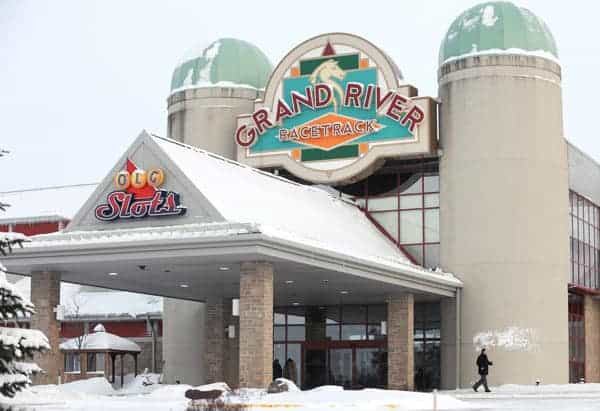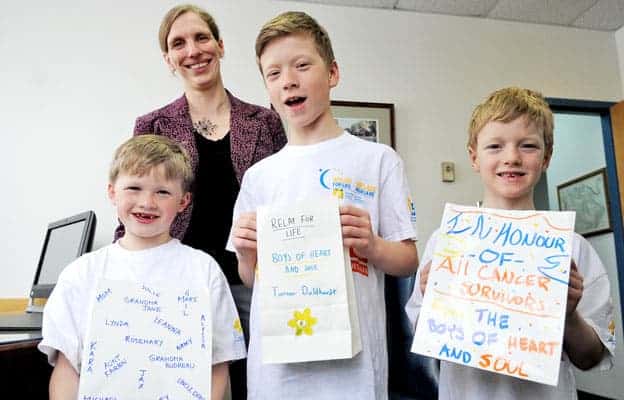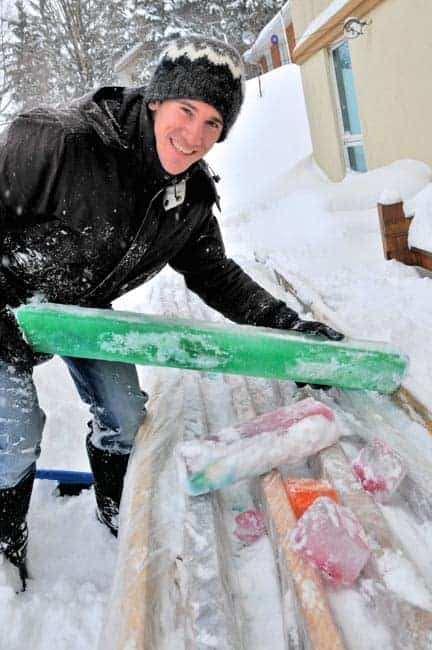![The Elora racetrack and slots facility was commended for its efforts to debunk gambling myths.[Will Sloan / The Observer]](https://www.observerxtra.com/content/images/wp-content/uploads/2014/02/post_gambling.jpg)
Elora’s Grand River Raceway was one of three gaming facilities to receive accreditation from the Ontario Lottery and Gaming Corporation’s Responsible Gambling (RG) program last week.
The slots/horseracing venue joins a list of 15 other gaming sites and one gaming resort acknowledged by the OLG for providing resources to educate patrons on safe gambling. The program, managed by the Responsible Gambling Council and independently audited, judges facilities based on factors including corporate policies, advertising/promotion, self-exclusion, employee training, and assistance to patrons with gambling problems.
In an interview, executive director of social responsibility Paul Pellizzari said the program is about debunking common misconceptions.
“[People think] if they spend a longer period of time at a slot machine, it’s more likely to pay out,” he explained. “We’re constantly telling people that staying at a slot machine, the outcomes are all random … and whether you spend five minutes or an hour on that machine, it does not change the likelihood of you winning. But some people think they’re investing in a machine, so, ‘If I play a little bit longer, it’s going to pay out.’”
Other myths abound, he continued – none as lucky as they’re cracked up to be.
“People also think that maybe if they play at different times of the day, they’ll have a better chance of winning. That’s not true at all. Or they’ll bring a lucky charm – that might be fun, maybe it adds to the excitement, but it’s not really going to affect the outcome.”
Still, people believe what they want to believe, and Region of Waterloo Public Health estimates that 5.5 per cent of the clients addicted to slots generate 31 per cent of revenue at Ontario casinos. Pellizzari says a challenge is keeping the program’s message urgent and accessible.
“We spend a lot of time choosing the topics that we address with our responsible gambling messaging. Part of that is to be responsive to the issues that we identify as being most critical – so we do research, we do focus group testing with players to see what are the key myths out there we need to be addressing.”
He continued, “We track our performance at changing people’s awareness on this, and we also do rotate messages and change them so people aren’t seeing the same information all the time.
“We just apply the kind of marketing techniques we would apply in any part of our business.”
Pellizzari notes that the study of problem gambling was relatively underdeveloped only a decade ago, when the RG policy was introduced. Currently, two per cent of OLG slot revenue (roughly $40 million annually) goes to the Ministry of Health and Long-Term Care. All communities with slots facilities now have free gambling counselling. In addition, OLG staff receives training form the Centre for Addiction and Mental Health.
“All that stuff has been codesigned with these independent agencies that are funded by Ministry of Health money,” said Pellizzari. “That has really been very significant for changing the culture, where our staff know what they need to do.”









